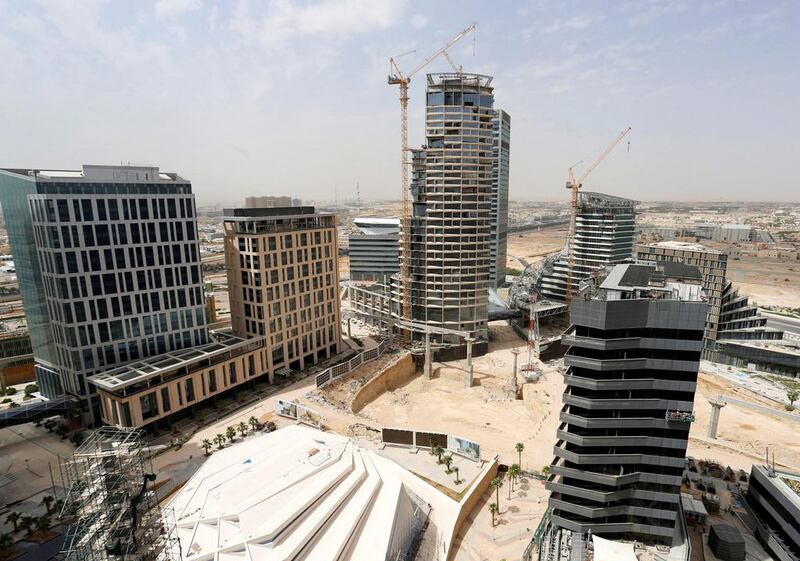The Saudi Arabian cabinet has approved the fine print of a controversial new tax on undeveloped land aimed at making it more expensive for owners of urban land to keep it empty.
Under the new “White Land” tax that was approved yesterday, owners of empty plots of urban land designated for housing or offices in towns and cities have to pay a tax of 2.5 per cent of the value of the land each year, according to the official Saudi Press Agency.
The taxes will apply to urban undeveloped land plots of 10,000 square metres or more.
The Saudi ministry of housing will specify which lands fall under the new tax law and will collect the taxes, the agency reported.
Officials are introducing the tax as part of a package of measures aimed at reducing land speculation and providing more affordable homes in a country where an acute shortage of accommodation is coupled with a rapidly growing population.
Last week the Saudi Arabian government published details of the housing element of its National Transformation Plan, a blueprint published under the auspices of the deputy crown prince, Mohammed bin Salman, aimed at reducing the country’s reliance on crude revenue following the oil price crash.
The plan proposes to increase the annual growth rate in the property sector from about 4 per cent now to 7 per cent in four years’ time, and to reduce the cost of housing from what averages out as about 10 times gross salaries to five times.
The plans also envisages increasing the percentage of Saudi families owning their own homes to 52 per cent from today’s 47 per cent, and to reduce the average time required to approve and licence new housing projects down to two months from more than two years.
According to local property brokers, the new tax is already increasing the number of homes being developed.
“Before these changes, there used to be significant land appreciation in Saudi Arabia and that meant that the rules were not encouraging anyone to develop,” said Imad Damrah, the managing director of property consultants Colliers in Saudi Arabia.
“Since these changes, already Colliers has been involved in a number of agreements between developers and the ministry of housing regarding affordable housing.”
lbarnard@thenational.ae
Read the full text of the National Transformation Plan here.
Follow The National's Business section on Twitter






